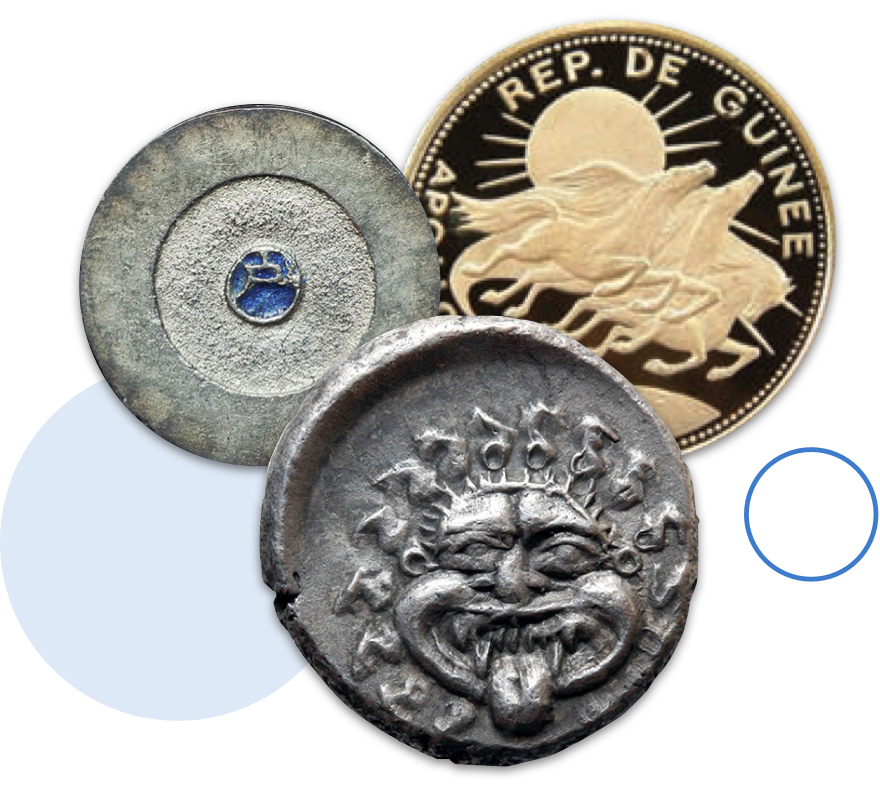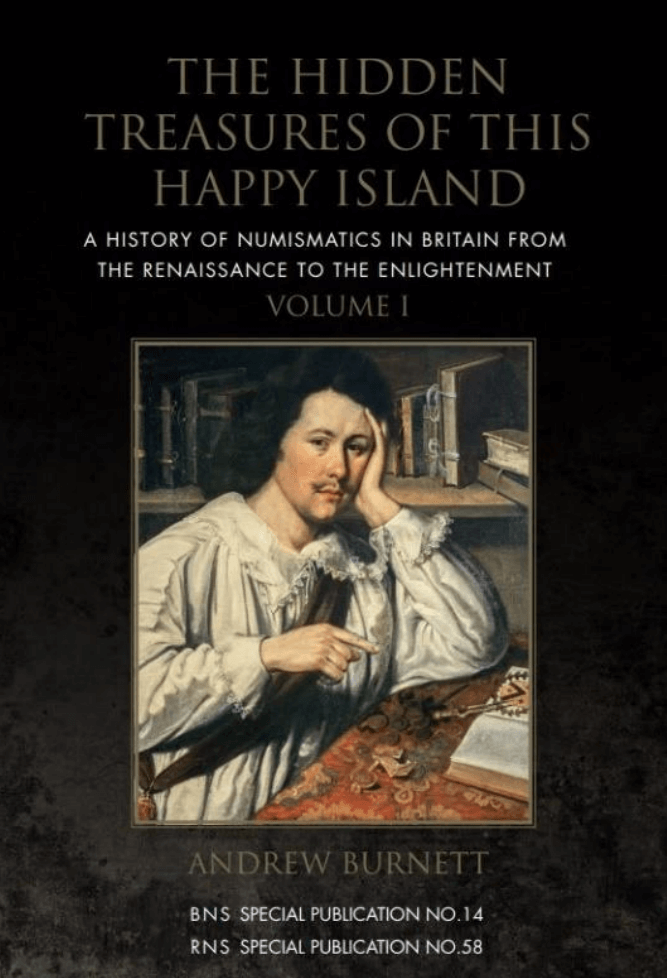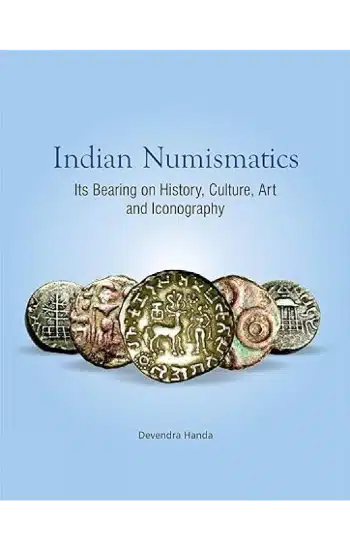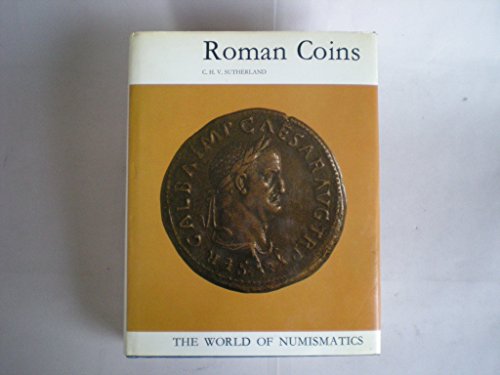Handy Facts On Choosing Antique Coins And Peso
Wiki Article
How Can I Find Out More About Numismatics In Relation To Museums By Using An Online Database?
A database can be utilized to discover more about museum collections, exhibitions and other research. This is a structured method Choose a database that lists museum collections and numismatic collections. You can select from museum databases such as those offered by the British Museum or the Smithsonian Institution. Additionally, you can utilize websites that specialize in artifacts and museum collections.
Define Research Focus: Specify your research objectives. Are you looking to acquire an numismatic museum collection and exhibitions that feature coins, journals of scholarly research related to numismatics? Or the historical and culture thematics of numismatic display? Find out what you are looking for to guide your exploration.
Search Strategy: Make use of keywords that are related to numismatics, museums, and coin exhibits. If you can you could add the name of specific museums or geographical locations. Use advanced search options to sort results according to the date, type of collection and exhibition themes.
Data Collection: Access to information about the numismatic works that are housed in museums. It includes detailed descriptions artworks, photographs, provenance details and their historical significance. Explore digital catalogues that list the coins according to time, civilisation, or thematic exhibits.
Examine the data to get a better understanding of the collections of numismatics at museums. Examine how museums curate, interpret and showcase coins within the context of cultural and historical narratives. Find out how different numismatic museums display their collections by using educational frameworks and strategies for interpretation.
Cross-References: Confirm that the information you have provided is correct by comparing it with other databases in museums or academic sources. This will ensure accuracy and completeness in your research, providing the most complete view of numismatics in museum contexts.
Documentation - Document your findings in a systematic manner by citing sources and mentioning any methods. Keep track of the details such as search terms, databases used and the relevance to the research questions.
Keep up-to-date Museum collections and exhibits change in time. Regularly check databases for updates regarding new acquisitions, temporary exhibitions, or scholarly publications that may enrich your research.
You can use databases to research numismatics in the intersection with museums by following these simple steps. This approach allows a comprehensive examination into the presentation and interpretation of coins, and also scholarly exploration within museum settings. This provides insights into historical, cultural and educational significance. Read the top rated forint tips for website info including coin authenticity, rare coins, currency collecting, currency authentication, currency society, coin book, obsolete currency, banknote expo, commemorative coins, coin book and more.

How Do I Use A Database To Research Numismatics In Relation To Exhibition And Show Events?
In order to conduct numismatic research, is important to utilize databases that hold information on exhibitions, show, conferences as well as other events. To conduct such research, here's the best way to choose a database: Select databases which specialize in numismatic events and shows. For instance, websites belonging to a major numismatic societies like the American Numismatic Association(ANA), online platforms that provide information on the activities of numismatic museums around the world, or exhibition archives.
Define Research Focus: Specify your research objectives. Are you interested in finding out more about past and forthcoming numismatic conferences or regional coin shows, thematic or educational shows as well as forthcoming exhibitions of coins? Find out the purpose of your lookup.
Search Strategy: Use keywords like "numismatic events," "coin exhibitions," and "numismatic events" to locate relevant results. Include event names, location or even themes should you want to. Utilize advanced search options to sort results based on the date, event type (such as conferences, exhibitions) and geographical region.
Data Collection: Access past as well as current numismatic displays and events. Collect information such as event dates, locations, organizers, themes or special collections, participants exhibitors, and associated publications or catalogs. Search for databases that allow you to take virtual tours of exhibits as well as other digital materials.
Examine and interpret the information collected to better comprehend trends, themes, educational goals and the educational benefits of numismatic displays and events. Study how different exhibitions and shows contribute to the public's awareness of numismatics.
Cross-Referencing. Verify that your information is correct by comparing it to other databases, listing of events, and official websites. This will ensure that your research is accurate and complete, providing you with all the information you need about various numismatic events happening around the globe.
Documentation. Note your findings from research by citing sources, and noting any methodologies that you used. Notify the database's name or search terms, as well as the relevance of each source in relation to your study.
Keep Up to Date: Numismatic activities are dynamic and new exhibitions conferences, shows, and exhibitions regularly scheduled. Updates from numismatic associations as well as event planners and databases that are specialized are the best ways to stay up-to-date with the latest events.
Follow these steps to successfully investigate numismatics in relation to exhibits and shows. This technique allows for an in-depth investigation of the variety and value for education of numismatic exhibitions and other events around the globe. Follow the top coin news for blog info including banknote identification, rare banknotes, banknote show, banknote marketplace, silver, banknote book, commemorative coins, banknote collection, treasury, banknote society and more.

How Do I Search Numismatics Through Databases In Relation To Auction Houses
The study of numismatics in relation to auction houses is done by using databases that are focused on auction records, historical sales data, as well as the knowledge of auction specialists. This is a methodical approach to conducting such study: Database Selection Choose databases that are specialized in auction house catalogs as well as historical sales records. Some examples include auction houses' websites (such as Stack's Bowers Galleries or Heritage Auctions) and auction online platforms, as well as numismatic platforms which preserve auction results.
Define Research Focus: Specify your research objectives. Are you keen to know the market value of specific coins, the nuances of a numismatic collections, the effect of the auction houses on values or the historical importance of auctions for numismatic scholarship. Find out the key to your research.
Use keywords such as "numismatics auctions" or "auction catalogues for houses," and geographic areas If appropriate. You can also include auction house names. Advanced search options allow users to search for dates, auction categories, coin types (such as modern, old, or paper currency) and auction house specialists and much other things.
Data collection: Get data from auction house catalogues and sale records. Collect information about auction dates, lot description, coin images condition reports and price realized. Browse databases with archived auction results as well as catalogs for a thorough analysis.
Analyze the data to understand the market dynamics and trends in numismatic collecting. Assess the price of rare coins, the historical patterns of auction activity and the impact that auction house expertise can have on the valuation and attribution the numismatic items.
Cross-Referencing Verify results by cross-referencing several databases for auction houses, numismatic journals and historical archives. This will give you a complete overview of the contributions that auction houses have made to numismatics.
Documentation - Record your research results in a structured fashion by citing the sources you have employed and highlighting any methodology that you used. Keep track of details such as the database used, search terms used and relevance to the research issue.
Stay up-to-date: Numismatics auctions are dynamic and constantly setting new sales records. Keep up-to-date by checking updates on auction house websites, numismatic societies, and specific databases of auction results for the latest developments in numismatic auction trends and prices.
By following these steps, you are able to effectively make use of databases to research the numismatics of auction houses. This method lets you conduct a comprehensive study of the market's dynamics, sales history, and the expertise of auction experts which influence the landscape of collecting. Follow the top rated recommended reading about banknote dealer for blog tips including rand, czech coins, commemorative, commemorative coins, treasury, rupee, banknote certification, coin club, banknote society, banknote magazine and more.

How Do I Access The Numismatics Database For Online Forums And Communities To Do Research?
This requires the use of online communities and forums where experts, enthusiasts and collectors can share their expertise and discuss current trends or showcase their collections. Here's a systematic approach to conduct such research:Database Selection: Pick online forums and communities that specialize in numismatics. For instance, forums like CoinTalk on Reddit, r/Coins in Facebook and communities that focus on numismatics.
Define Research Focus: Specify your research objectives. Are you looking to learn about the latest collecting trends? Are you looking for experts who can offer advice on numismatics, authentication and grade? Define what you are looking for to narrow down your search.
Search Strategy: Use relevant keywords to your interests, like "numismatic forums," "coin collector communities," and "online numismatic conversations," including specific topics or keywords (ancients coins, moderns coins and paper currency) relevant to your query. Utilize the search function on each platform to find relevant threads and discussions.
Data collection: Search for information within the discussions, threads and blog posts of online communities and forums. Learn about coin identification tips as well as current market trends, personal experiences and discussions in numismatics.
Analysis: Analyze data to gain a better comprehension of the views of experiences, knowledge, and experience that are shared by people who belong to online numismatic clubs. Examine the veracity of information by evaluating the experience of contributors, the consensus of the members on certain topics, and the extent of discussions.
Cross-Referencing. Check what you've learned by comparing the data of different forums and communities. Compare insights across different platforms to get a better knowledge of trends in collecting, market sentiments and experts in the numismatic world.
Documentation. Record your findings by consistently citing threads or discussions and contributing authors when required. Note the key trends, ideas, and the opinions of others that are posted in online forums.
Engage: Take part in discussions, ask questions and add to it, to gain fresh perspectives and build relationships within the numismatics community. Stay informed with new threads, replies, and announcements to stay on top of current trends and discussions.
Follow these steps to effectively utilize forums and online communities for researching numismatics. This will allow you to draw on the collective knowledge and experiences of a diverse collection of experts and collectors with valuable insight and perspectives on a variety of aspects of coin collecting, identification, and appreciation. Follow the most popular lira for blog info including coin catalog, forint, banknote storage, currency history, antique coins, antique coins, euro, coin catalog, banknote artist, design and more.

How Can I Use A Numismatics Database To Find Out About Industry Trends & Insights In Numismatics?
To conduct a research on numismatic trends It is crucial to choose databases that concentrate on market reports, industry reports, analysis, expert opinions, and publications by numismatic societies. An organized approach is given for conducting this kind of research. Database Selection: Select databases that are specialized in industry research, market analysis and numismatics journals. Market research platforms, like Mintel and IBISWorld, numismatic journals, business news databases, industry databases and numismatic societies are all examples.
Define Research Focus: Specify your research objectives. Are you looking to learn about current trends in numismatics market Are you interested by emerging collecting interests? Define your objectives to you in your search.
Search Strategy Utilize keywords such as “numismatic industry trend, "coin-collecting market analysis," and "emerging Trends in Numismatics." Include specific topics, (ancients coins, moderns coins or paper money) Keywords, keywords, or terms related to the question you are researching. Results from searches can be filtered by date the industry sector, the date, and the type (reports/articles/market analysis) with advanced search tools.
Data Collection: Access information on industry trends and information on numismatics. Find out more about coin collecting trends and the latest technological advancements (such as digital cataloging, authentication technology) and read up on the most current innovations. You can also get professional opinions, market analysis and market trends.
Analysis: Analyze the data to identify key trends and patterns that are shaping the numismatic industry. Examine market dynamics, such as changes in the demographics of collectors, shifts in preferences for collecting (historical periods, themes), innovations in technology used for numismatics and the impact of global economic trends on coin values and market demand.
Cross-Referencing: Confirm your research findings by cross-referencing information across multiple databases, market research reports, numismatic society publications, and articles on industry analysis. This will ensure that your study is accurate and thorough, and provide a comprehensive overview of the industry's trends.
Documentation: Document the findings in an organized manner, citing your sources and describing the methods you used. Detail the databases that you use, the search terms used and relevance of the sources you've used to answer your questions.
Stay up-to-date: The numismatics industry is constantly changing, as are the trends. This includes changes to the market, trends in collecting, and technological advancements. Stay up-to-date by keeping up-to-date with updates from market research and numismatic publications, as well as reports on the industry and its reports.
By following these steps, you can to effectively use databases to study numismatics in relation to trends in the industry. This method allows you to gain valuable insight into market dynamics, while also capturing developments in technology, trends and economic impacts in the numismatic sector. Read the top discover more here for coin book for blog recommendations including currency, proof coins, historical currency, currency exchange, coin, banknote certification, franc, platinum, circulated, zloty and more.